If you own assets in the U.S. but you are not considered a U.S. citizen or permanent resident alien (with a green card), you are not given the same advantages when it comes to taxes as a regular U.S. citizen, and you could be subjected to very different and considerable estate taxes upon death. As of 2017, the approximate exemption for the estate tax is $5.49 million, and instead of being given this large exemption, nonresidents are entitled to only $60,000 in exemptions. What does this mean for you? If you are not a U.S. Citizen or a permanent resident alien, you can only protect $60,000 worth of assets from potential estate taxes! Anything that you leave to your heirs when you pass away that is above and beyond the $60,000 exemption is likely going to be to be taxed at about a 40% rate.
I am often asked, by current or potential clients, about what kind of tax advantages are afforded to a U.S. citizen versus those who only possess a green card? Luckily, if you are a green card holder (and similarly to a U.S. citizen) you are eligible for the $5.49 million exemption for estate tax purposes. Unfortunately, as a green card holder you are not given the unlimited marital deduction. This deduction allows the transfer of unlimited wealth and assets from one spouse to the other upon the death of one. There are no taxes levied on U.S. citizens' spouses when they pass away, but if you are a green card holder you can incur substantial tax liability if your spouse passes away without the proper planning in place. This is especially true for non-residents who own a vacation home or investment properties in the United States that are worth more than $60,000.
It is worth noting that the best situation to be in when a spouse passes away is for both individuals to be U.S. citizens. There is much more protection and shelter from taxes given to married couples that are both citizens of this country. Unfortunately, if you are part of a marriage that has one citizen and one that is not, you can be exposed to a lot more tax liability.
However, not all hope is lost! There is substantial planning that can be done to minimize the tax liability that this type of couple would otherwise be exposed to. The first step is to learn about and put in place what is called a "QDOT" or Qualified Domestic Trust. Establishing a QDOT will allow the spouse that is a US citizen to leave all assets to the non-citizen and will also allow non-resident spouses to transfer an unlimited amount to each other upon the death of the first spouse without paying the tax.
Establishing a QDOT takes significant planning and there are special requirements that need to be met in order to set up this type of protection properly. If your QDOT is established correctly, the surviving spouse will not owe the U.S. Government any form of estate tax. However, the taxes that would be due without the QDOT in place would then be payable upon the death of the surviving spouse. It is important to keep in mind that the Qualified Domestic Trust is only available between spouses.
If you live here and are on a visa or have a green card and are not a U.S. citizen, it is imperative that you consult an experienced international estate planning and immigration attorney that has dealt with these types of scenarios in the past. You have every right to minimize your estate tax upon death and to leave your descendants with the maximum amount of assets. Give us a call today so that we can discuss your estate planning in more detail.

